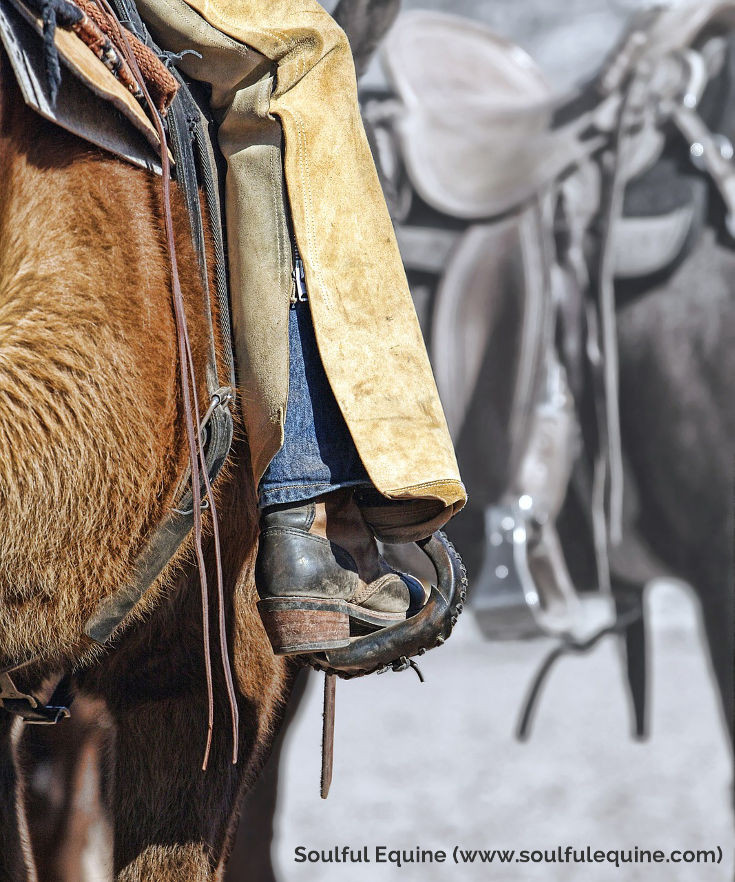
How do you feel when you’re micro-managed? Do you feel inadequate? Does it cause you to get angry? Maybe you freeze and it causes your brain not to respond.
Since you know you’re a smart, talented and creative person, why on earth would someone want to micro-manage you? You’ve never given them a reason to.
Due to this situation, you have little or no trust or respect for the micro-manager; therefore you may decide to not put in as much effort. Why should you? You’re just going to be micro-managed … right?
In this series, I’ve touched on key areas that are important to building a great relationship with your equine companion, and it wouldn’t be complete without covering the subject of micro-management.
Do You Micro-manage Your Horse?
Unless you’re someone who won the lottery or your family has a lot of money, you’ve probably at one time or another experienced someone micro-managing you at a job.
Parents are masters at it. So are significant others. Most of us have those individuals in our lives, so I would be willing to bet that you know what micro-management feels like.
For the logical types, here’s a definition of micro-management:
To manage or control with excessive attention to minor details.” ~ Dictionary.com
In the field of computer science, it’s typical especially if a Waterfall approach to software development is used rather than an Agile approach which promotes self-management mixed with just enough project management, but not too much.
As for the equine industry, I see the micro-management bug often.
Do your best to put yourself in a state of feeling micro-managed. You may have had a recent experience so the feelings will still be new.
Now, imagine you’re riding your horse and she doesn’t want to maintain gait at the trot. Maybe she trots for a little bit and then walks, not wanting to go. Worst yet she may stop, backup (without you asking), rear, or cow kick each time you attempt to speed her up.
Right before she breaks gait, you decide to put on the pressure attempting to “make” her speed up. Instead, the opposite happens. She becomes dull to your legs and she gets worse instead of better.
Think of how your horse feels. For a moment, empathize with her. Why is she becoming less motivated?
Think back to how you feel when you’re micro-managed. What does the micro-manager do when you become less motivated?
Conventional Strategies
The typical micro-manager in the equine world usually doesn’t know she’s doing it. Rather, the monkey see, monkey do syndrome takes over and she applies methods that are not in the horse’s best interest.
Those methods also cause the relationship between the horse and the human to become compromised.
If an equine doesn’t go, people who are more conventional will rarely take the time to build a good relationship by understanding her as an individual and knowing what motivates that type of horse.
Your first thought may be that you need to wear spurs. Spurs are not an effective way to get a horse to go or speed up. If anything, you may make her more dull or downright mad at you if you use spurs inappropriately.
Another conventional approach may be to whip the horse to get her to go.
None of these strategies are effective and they definitely don’t build trust, rapport or respect.
Being a Control Freak
The other side of the coin is the horse that doesn’t even know you’re in the room. All that’s on her mind is going forward and as fast as she can. First of all, this type of horse is dangerous to ride if she’s not emotionally and mentally with you … that’s a lesson for another day.
From a micro-management standpoint, you may hold the reins tight, always applying pressure and hoping she doesn’t run off with you.
On the ground, this type of horse is usually hard to lead because she’s thinking forward all the time and almost coming over the top of you. The micro-management solution to this situation is to hold her tight and short, just like you may do with the reins in the saddle.
In reality, this approach makes her worse. In other words, she becomes more emotionally unstable and, in turn, more dangerous.
Non-Conformist Strategies
If you’re reading this article, you’re probably somewhat of a non-conformist. You’re not one of those people I described above. More likely, you’re looking for answers because you want to have a great relationship with your equine companion and because you want to have fun and enjoy her company.
It’s pretty hard to enjoy the horse who wants to take off with you or the dull horse who won’t go. The dull horse may also become dominant and scary. This type usually frightens you because she becomes pushy and may also bite. She’s usually described as lazy when she’s really not lazy, she’s just smarter than you.
When I hear somebody talk about a horse or a cow being stupid, I figure it’s a sure sign that animal has outfoxed them.” ~ Tom Dorrance
The forward horse can be scary, too. What if she runs off with you or runs over you? That’s not much fun, is it?
So what do you do about it? Take everything I listed above that the conventional person does and just do the opposite. Really, it works! 🙂
Okay, that’s not much help is it?
I’ve heard people make fun of the concept of understanding horse psychology, but my personal opinion is that those people don’t know equines, and that’s why they say such things.
The important thing to grasp is that you have to understand horses from their point of view. When you truly feel it in your heart and you’re empathetic with your equine companion, something somewhat magical happens.
I’m not going to sugar coat it; you have to work at it.
You have to become more skilled and knowledgeable and then more confident, but at the same time you have to always put your horse first. You love your horse, you’re empathetic and you do everything you can to fully understand her as an individual.
I personally apply this concept to my own horses and with any other one I come in contact with. I put our relationship first before anything, but that doesn’t mean I don’t have goals or ambition. I make it a priority to stick to my principles first and learn the game of balance.
This is not easy. I strive to become more connected with my equine companion each and every day, and at the same time fight the fact that I’m human. Sometimes it’s not easy to look at yourself and see what’s in the mirror.
It’s not an easy road and it’s not for everyone. However, it is for you if you seek that “something” you know is possible with a horse but that you feel is indescribable.
It’s something that only a nutty horse person who is a true lover of equines can understand.
Micro-Management is Ineffective
If you take nothing else away from this article, it’s important to understand that your horse feels a lot like you do when you’re micro-managed. As long as you understand this, feel it in your heart and make it a point to not do it to your equine companion, you’ll be amazed at the results you’ll see.
Micro-management affects your relationship with your horse in a negative way, so find ways to not micro-manage by allowing her to make a mistake and commit to it. Only then is it necessary to correct her and sometimes not, it depends, right?
It’s a lot like parents and kids. It’s so hard to allow your child to make a mistake, but that’s usually the best way for her to learn, through experience. Your horse is not much different.
However, if you attempt to correct too soon, you’ll get no where and your relationship will suffer.
What creative ways have you developed with your horse so you can refine your communication and not micro-manage her?
Keep it soulful,
Stephanie Krahl
